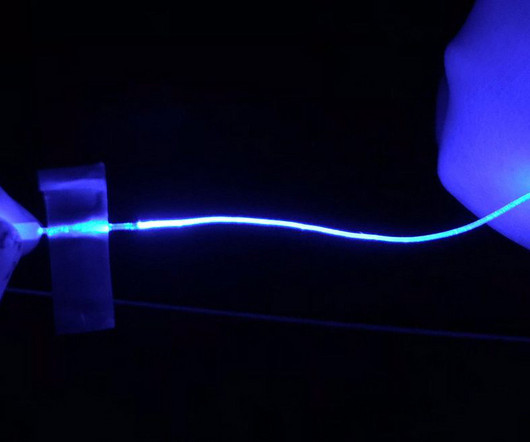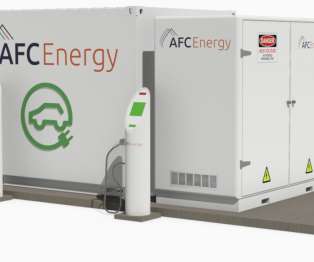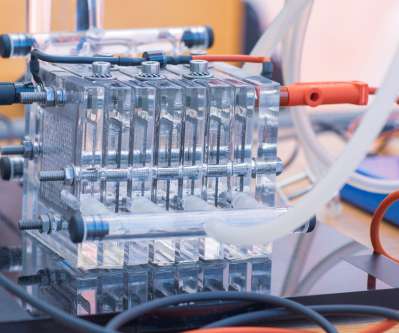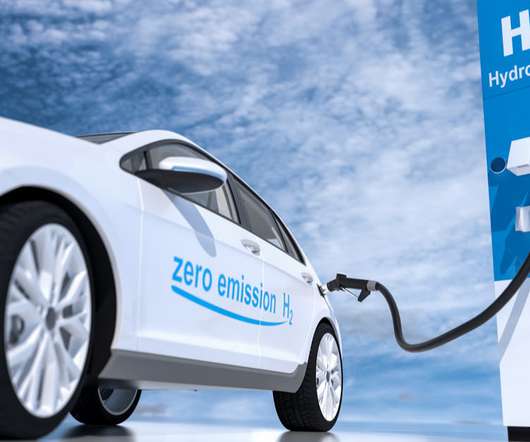Ecolectro secures $1.7M ARPA-E award for development of alkaline exchange membranes and ionomers for fuel cells and electrolyzers
Green Car Congress
DECEMBER 2, 2018
a developer of low-cost, high-performance polymers for electrochemical applications, announced its selection by the US Department of Energy’s Advanced Research Projects Agency-Energy (ARPA-E) for an award that will support the continued development of its alkaline exchange ionomers and membranes. 3) Perfluorinated polymers (i.e.,






























Let's personalize your content